Mastodon: @canpolat@hachyderm.io
- 215 Posts
- 49 Comments

 141·2 years ago
141·2 years agoDon’t they already have the names Leap and Tumbleweed? Changing the name to Leap would make sense since it’s the name of the “official LTS” version. At this point it sounds like “openSUSE” is the name of the project and not the distro. But I haven’t been following them closely, so perhaps I’m wrong.

 10·2 years ago
10·2 years agoNot sure but that sounds like you have a problem with your Git installation (or a dependency of Git). Maybe a reinstallation can solve that.

 3·2 years ago
3·2 years agoI understand the “why would I pay for this” reaction. I think crowdsourcing is a better approach for these kinds of content. Once you reach certain level of financial commitment from the crowd, you can give away the PDF and sell the print copy.

 26·2 years ago
26·2 years agogit branches are just homeomorphic endofunctors mapping submanifolds of a Hilbert space
Yeah, once you realize that everything falls into place.

 16·2 years ago
16·2 years agoI believe you can replace
startwith the command that is suitable for your system (e.g.,xdg-openfor linux).

 3·2 years ago
3·2 years agoWhat
checkoutactually does. Here is a past comment with links to the courses (they are pay-walled, unfortunately)

 2·2 years ago
2·2 years agoI don’t think I read that one. I created a separate link-post for that one. Thanks.

 6·2 years ago
6·2 years agoMine happened when I watched Paolo Perrota’s Git courses on Pluralsight. That’s when it clicked for me.

 12·2 years ago
12·2 years agoThe URL seems to have a typo. Correct URL is https://github.com/presslabs/gitfs
I know you said “self hosted”, but if you are interested in an Android app, Google Play Books does most of what you want, I think. You can upload your books, and read them on any device (with offline capabilities). But this is the Self Hosted community, so I will show myself out.
That’s explained at the end (Revisions). Fowler is probably looking for a general term that can be used to describe this specific way of debugging. Since he is aware of
git bisect(and I’m sure he knows abouthg bisect) there must be a reason he is not preferring “bisect debugging,” for example.Edit: The term
diffhas a clear link with version control.bisectis not that obvious. It may be ambiguous/vague in debugging context. I would still call it “bisect debugging.”
Beginning in Git 2.43, Git will realize when it’s about to perform a double-revert, and instead produce the much more pleasing message
Doesn’t happen very often, but I’m glad we have a better solution to this now.

 7·2 years ago
7·2 years agoThis sounds more like a Github question.
Reading the manual? That’s cheating!

 5·2 years ago
5·2 years agoApart from the historical value, the most important part of this article now is the “Note of reflection” added 10 years after it’s inception:
If your team is doing continuous delivery of software, I would suggest to adopt a much simpler workflow (like GitHub flow) instead of trying to shoehorn git-flow into your team.
I don’t think this work flow is relevant any more even for teams that don’t do CD, to be honest. It was a messy work flow to begin with and I haven’t seen it applied successfully in practice.

 1·3 years ago
1·3 years agoI don’t think Git has built-in support for that, but there seems to be some syntax/language aware diff tools that can be configured as the
difftool.

 4·3 years ago
4·3 years agoI see. Good luck with your search. Would be great if you could update the thread once you settle on a solution.

 5·3 years ago
5·3 years agoNot sure I understand the use case and why something like VS Code’s Git UI (or some other GUI) cannot solve the problem. Why does it need to be web-based, for example?
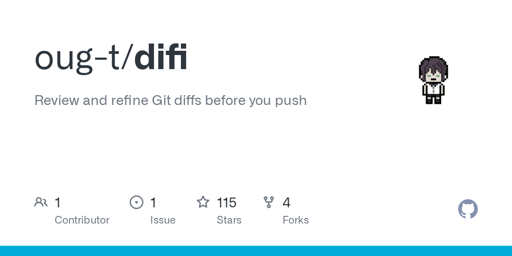



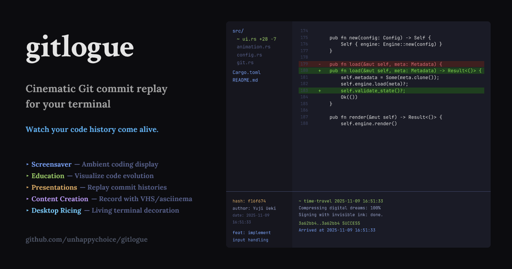
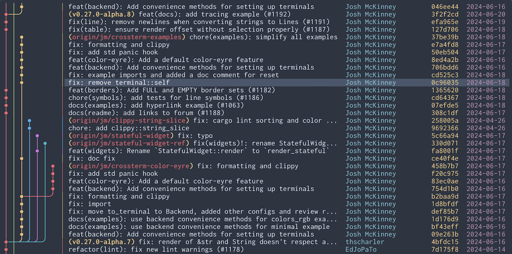
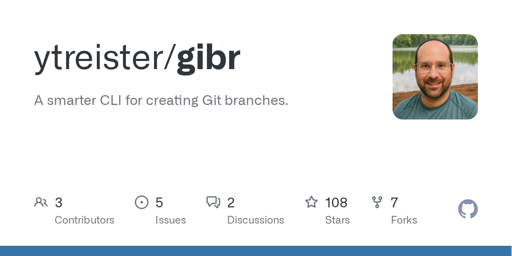





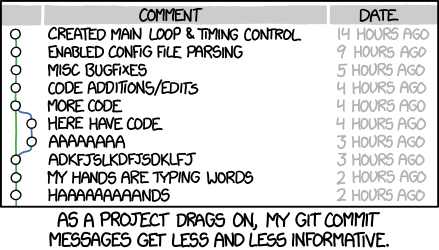
For us to be able to help you, I think you need to give us some more details about the organization of your work. If each chapter is a separate text file, then you don’t really need to do any branching at all (assuming people will only make changes on their own files and not touch others’ work). If it is a single text file, branching (or anything else, to be honest) will not help much.
I assume chapters will have their separate files. As long as you can control who touches which file, everybody can work on the same branch (also referred to as “trunk based”). But if you fear that people may interfere with each other’s work (willingly or by accident), then it makes sense to create a branch per chapter to keep contributors at a distance from each other. But working on a single repository requires some sort of an agreement on the workflow.